Aquapet Ventures Made a presentation at a Worldfish Workshop in Nigeria
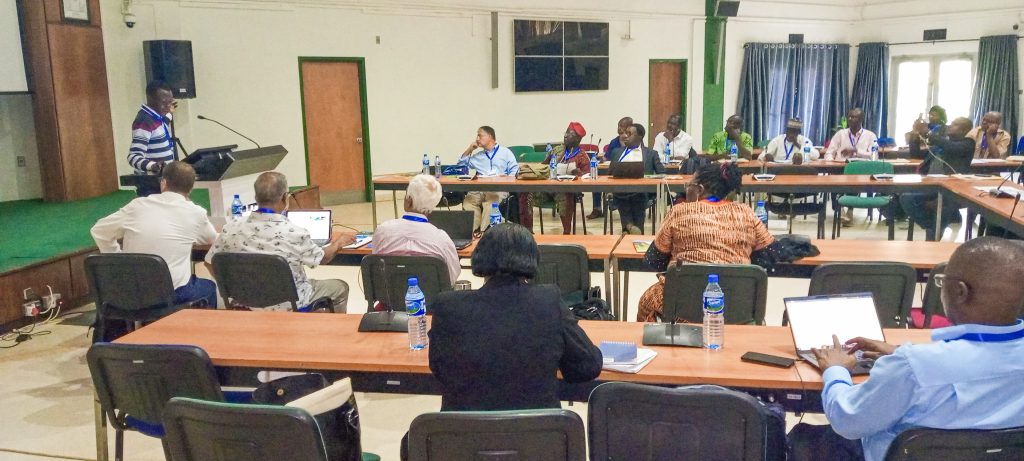
A WORKSHOP PROGRAMME ON NIGERIAN AQUACULTURE: STATUS, PROSPECTS, AND FUTURE GROWTH
VENUE: CONFERENCE CENTRE, INTERNATIONAL INTSTITUTE OF TROPICAL AGRICULTURE (IITA), IBADAN, NIGERIA
Date: October 31 – November 2, 2022
Unveiling the Importance of Diversification: Nigeria’s aquaculture landscape is on the brink of transformation, and species diversification holds the key to unlocking its full potential. In my presentation, I unveiled the myriad benefits of diversification, from enhancing ecosystem resilience to mitigating disease risks. We explored how a broader range of fish species can lead to more stable yields, reduced environmental impact, and enhanced food security for local communities.
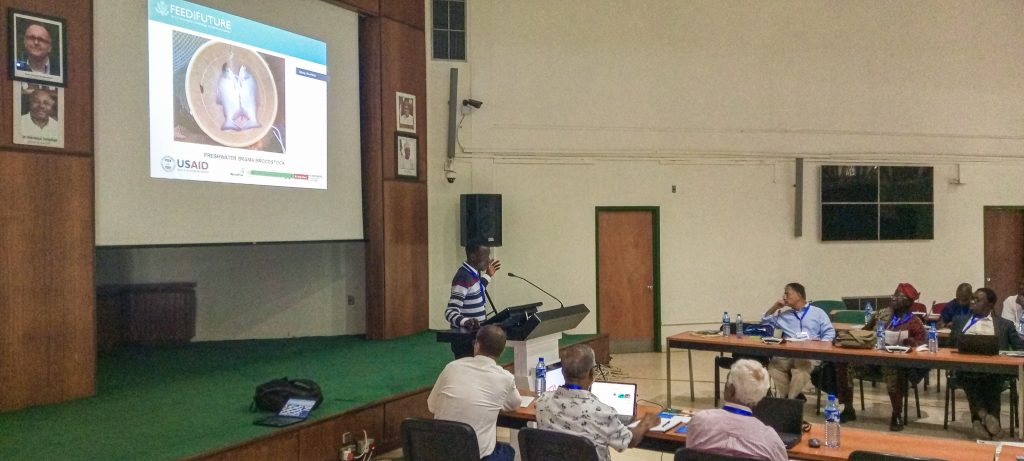
Exploring Exotic Fish Species One of the highlights was shedding light on some incredible array of some exotic fish species . These exotic possess unique traits adapted to Nigerian waters, making them resilient and well-suited for sustainable aquaculture. By nurturing these exotic species, we can pave the way for a more diversified and resilient aquaculture sector.

FRESHWATER BRAMA FISH
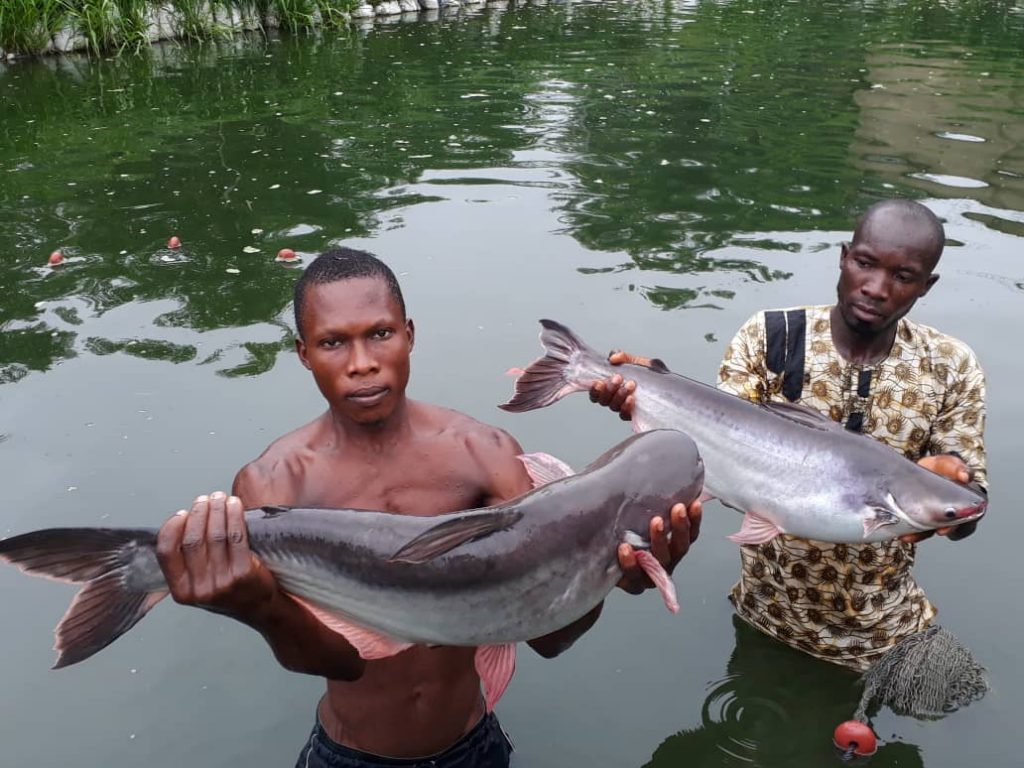
PANGASIUS HYPOPTHALMUS
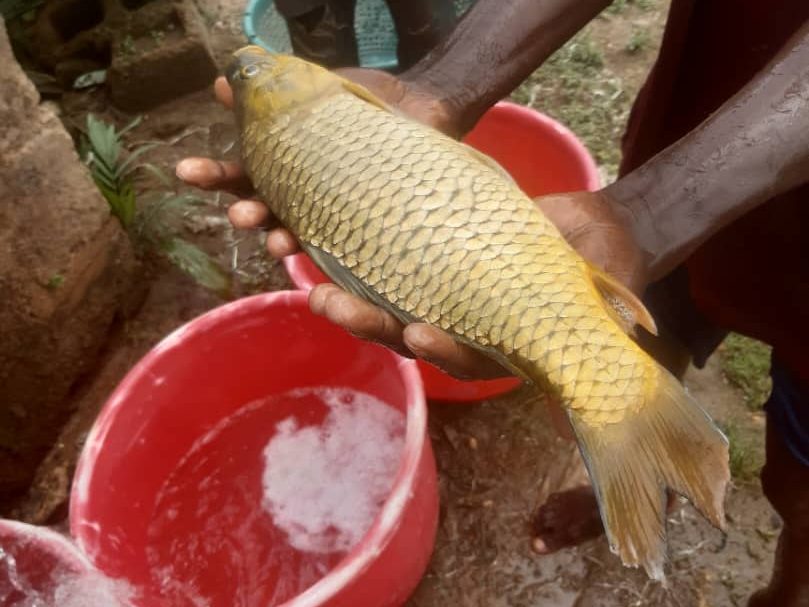
COMMON CARP
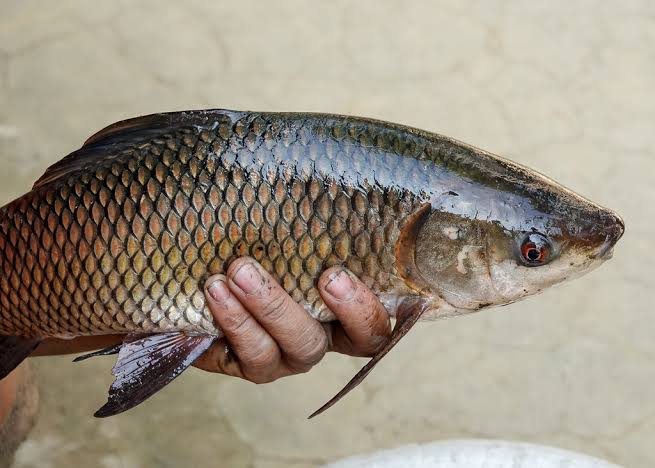
ROHU
Sustainable Aquaculture for the Future one thing became clear: the future of Nigerian aquaculture lies in embracing diversity. By diversifying fish species, we can create a resilient, sustainable, and thriving aquaculture industry that caters to the growing demand for high-quality protein while safeguarding our precious aquatic ecosystems.
Exciting to see how fish species diversification can lead to sustainable aquaculture practices, promoting environmental resilience and providing a diverse range of seafood options. Let’s work towards a balanced ecosystem both in our oceans and on our plates!
Stay tuned as we continue this exciting journey toward a more diverse and sustainable future for Nigeria’s aquaculture sector. Together, we can make waves of positive change!
PROSPECTS IN DIVERSIFICATION
Nigeria is the most populous nation in Africa and 7th in the world with population of about 217 million people and 3‰ annual population increase projection.
In deed there is guaranteed future for fish farming in Nigeria. There is ready, larger and expanding market for fish farming business.
If we all embrace and implement backward integration in the commercial fish farming sector. This will boost local production of fish. With the rise in the consumption of fish products in Nigeria, one can only imagine how limitless supply would be when the amount expended on importation is invested in the local production value chain.
Farm production of tilapia and catfish alone is unlikely to be sufficient to bridge the demand-supply gap for fish or satisfy consumer demand for aquatic food over the coming decade. As a result, it is vital to explore opportunities for species diversification in Nigerian aquaculture with indigenous and/or introduced species.
These breeds are good substitutes for the commonly imported breeds of fish and if we can embrace this, The era of importation will fizzle out.
Some of the domesticated fish imported and sold as frozen have been cultured and they have thrived well in Nigeria with 95-98% survival rate, acceptance in the market, low cost of production and they can be farmed under monoculture and polyculture systems.
Leveraging on this breeds can help in meeting up with the future supply and demand as catfish alone cannot help us to meet up with that. These breeds have much prospects in helping fish farmers, giving food security in the country, investment opportunities and exportation for the growth of Nigeria economy.
Exciting to see how fish species diversification can lead to sustainable aquaculture practices, promoting environmental resilience and providing a diverse range of seafood options. Let’s work towards a balanced ecosystem both in our oceans and on our plates!
Leave a Reply